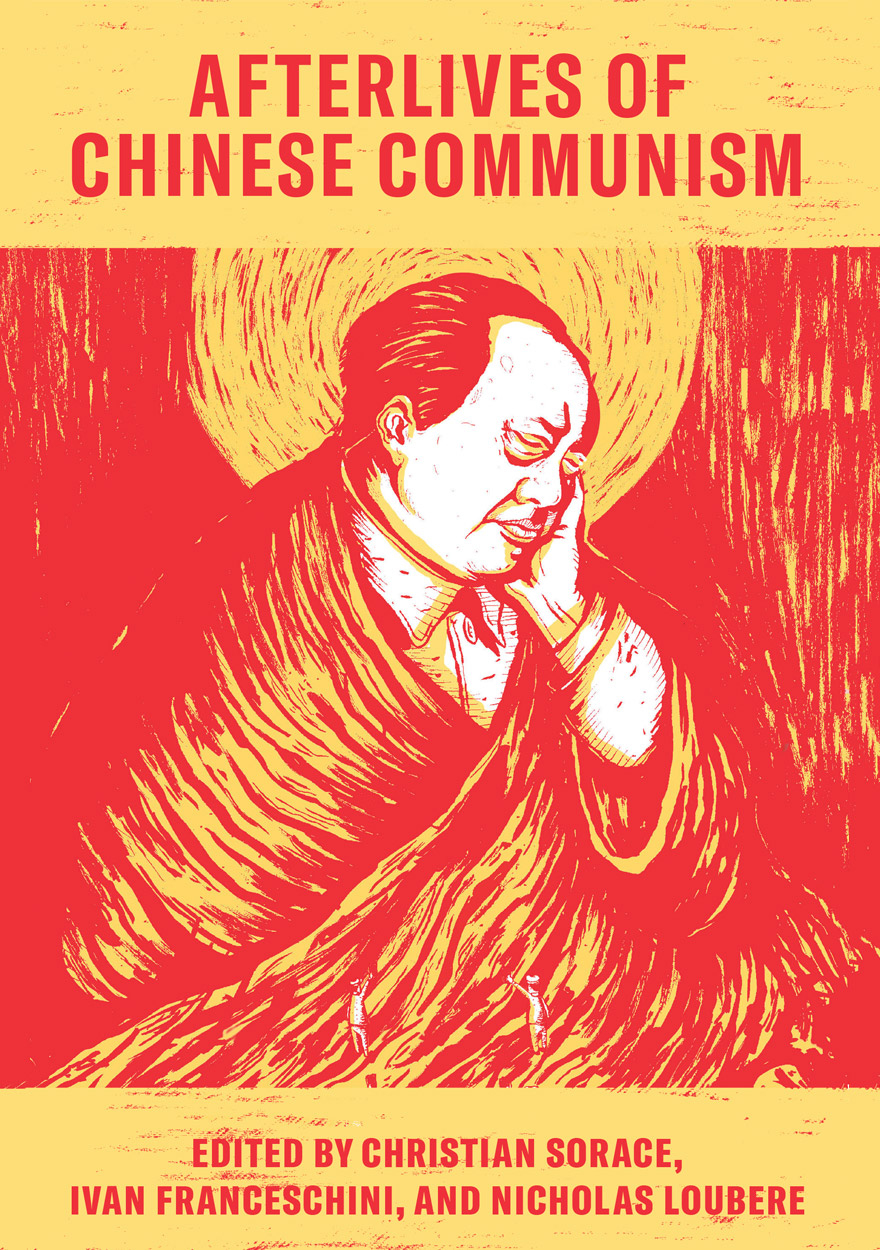Publication date: May 2020
‘Art must not be concentrated in dead shrines called museums. It must be spread everywhere—on the streets, in the trams, factories, workshops, and in the workers’ homes.’
— Vladimir Mayakovsky, 1918
With these words, the great Soviet poet addressed the key question of how to bring art to people and people to art in a new world in which old aristocracies, elites, and their aesthetic privileges were fading away. In the words of art theorist Boris Groys, ‘the world promised by the leaders of the October Revolution was not merely supposed to be a more just one or one that would provide greater economic security, but it was also and in perhaps in even greater measure meant to be beautiful.’ Walking in these steps, the Chinese Revolution was a project of further experimentation and creation in the realm of the relationship between art and the people. The world it created was at once utopian and disfigured, radiant and desolate. While today that world is no longer, the questions it raised about the relationship between the working class, artistic production, and aesthetic appreciation remain with us. This issue of the Made in China Journal offers a collection of essays that examine the ‘work of arts’, intended as the extension of art beyond the confines of the museum and into the spaces of ordinary life and production.







